Postdoctoral Research Fellows
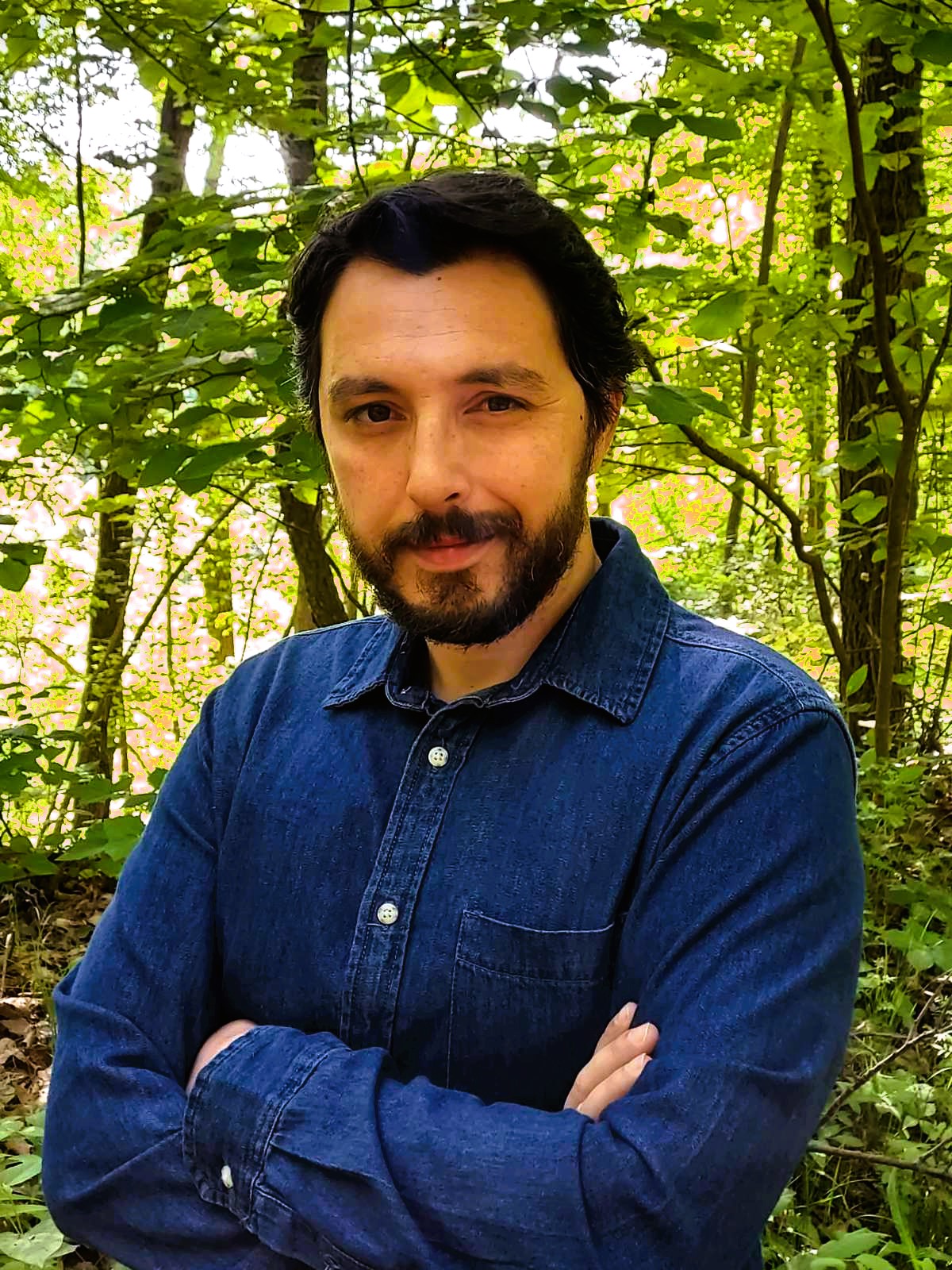
Dimitris “Jim” Gounaridis
Assistant Research Scientist, Lecturer, School for Environment and Sustainability (SEAS), University of Michigan, Ann Arbor.
Background:
2018 Ph.D., Geography, University of the Aegean
2012 M.Sc., Applied Geo-Informatics, University of the Aegean
2009 B.A., Forestry and Management of the Natural Environment, International Hellenic University
Assistant Research Scientist, Lecturer, School for Environment and Sustainability (SEAS), University of Michigan, Ann Arbor.
Background:
2018 Ph.D., Geography, University of the Aegean
2012 M.Sc., Applied Geo-Informatics, University of the Aegean
2009 B.A., Forestry and Management of the Natural Environment, International Hellenic University
Dimitris Gounaridis is a Assistant Research Scientist and Lecturer at the School for Environment and Sustainability (SEAS), University of Michigan, Ann Arbor. He has a background in Forestry (BSc) and applied Geo-Informatics (MSc) and he was awarded a PhD in Geography for his dissertation on mutli-scale simulation modeling of land use/cover changes. His main research interests span theoretical and applied aspects of land changes, the interplay of proximate and underlying driving forces, the multiple scales involved and the role along with the effectiveness of planning and policy. So far, he has been involved in various interdisciplinary research groups in subjects related to earth observation, change detection, spatial analysis, data fusion, simulation modeling and scenario-based land use assessment. Dimitris has published in Computers Environment and Urban Systems; Journal of Maps; International Journal of Applied Earth Observation and Geoinformation; Applied Geography; Remote Sensing and Science of the Total Environment among other journals. His current work at the Urban Sustainability Research Group focuses on a) spatial analysis of urban meat production-consumption patterns and dynamics, b) delineation of socio-economic aspects and scenario-based analysis to scale up urban agriculture, c) earth observation techniques to identify environmental injustice in relation to green infrastructure and decision support on their expansion and optimal allocation.
To learn more about Dimitris and his work, follow him on:
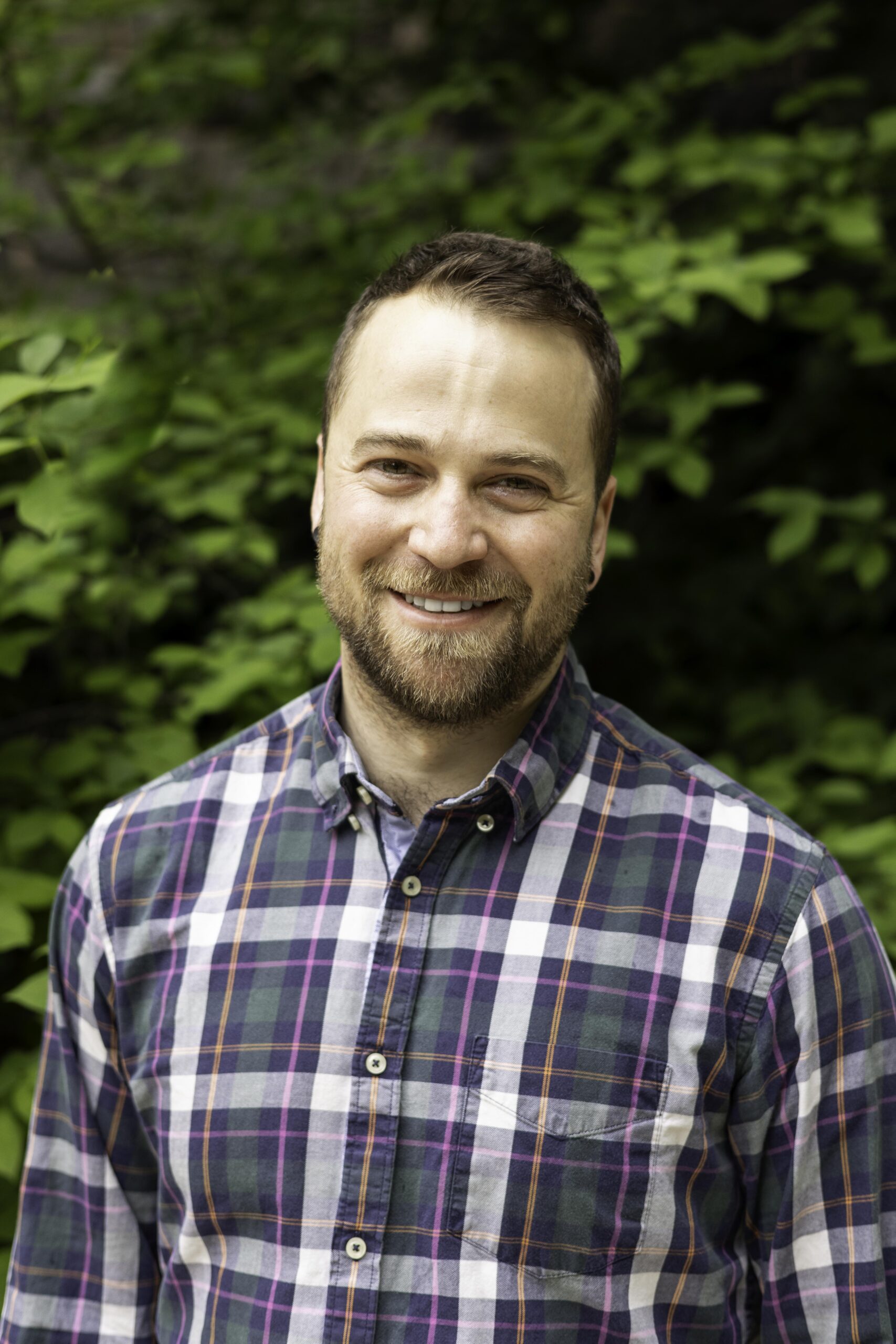
Brandon Marc Finn
Assistant Research Scientist, School for Environment and Sustainability (SEAS), University of Michigan, Ann Arbor
Background:
2022 Ph.D., Urban Planning, Harvard University
2016 M.Sc., Urban Studies, University College London
2014 BSocSci (Hons), Environmental and Geographical Science, University of Cape Town
2013 B.A., Environmental and Geographical Studies; Media and Writing, University of Cape Town
Assistant Research Scientist, School for Environment and Sustainability (SEAS), University of Michigan, Ann Arbor
Background:
2022 Ph.D., Urban Planning, Harvard University
2016 M.Sc., Urban Studies, University College London
2014 BSocSci (Hons), Environmental and Geographical Science, University of Cape Town
2013 B.A., Environmental and Geographical Studies; Media and Writing, University of Cape Town
Dr. Brandon Marc Finn is a faculty member at the University of Michigan’s School for Environment and Sustainability and has been an active member of the Urban Sustainability Research Group since 2022. Brandon received his PhD in Urban Planning from Harvard University in 2022. He conducts mixed-methods research on mining and urbanization, focusing on informal (unregulated) labor, housing, and governance. His work acknowledges that unregistered labor constitutes the predominant form of economic activity worldwide. Similarly, informal housing is a defining feature of global urbanization trends. Despite these realities, sustainability scholarship overlooks these modes of urban and economic life, thereby creating developmental and sustainability models that do not address or account for some of the world’s most vulnerable people, places, and environments. Brandon is committed to addressing these gaps. His current work assesses the role of artisanal and small-scale informal cobalt miners in the Democratic Republic of Congo, and the intersection of electronic waste and urbanization in Accra, Ghana. Brandon is leading efforts to establish a new subfield in geography and sustainability-related scholarship under the theme ‘informal sustainability.’ This subfield acknowledges the importance of informality as a livelihood and housing strategy, enabling survival and upward socio-economic mobility, while also examining its tensions with sustainability-related outcomes. To achieve these aims, Brandon leads the Informal Sustainability Lab at the University of Michigan.
To learn more about Brandon and his work, follow him on:
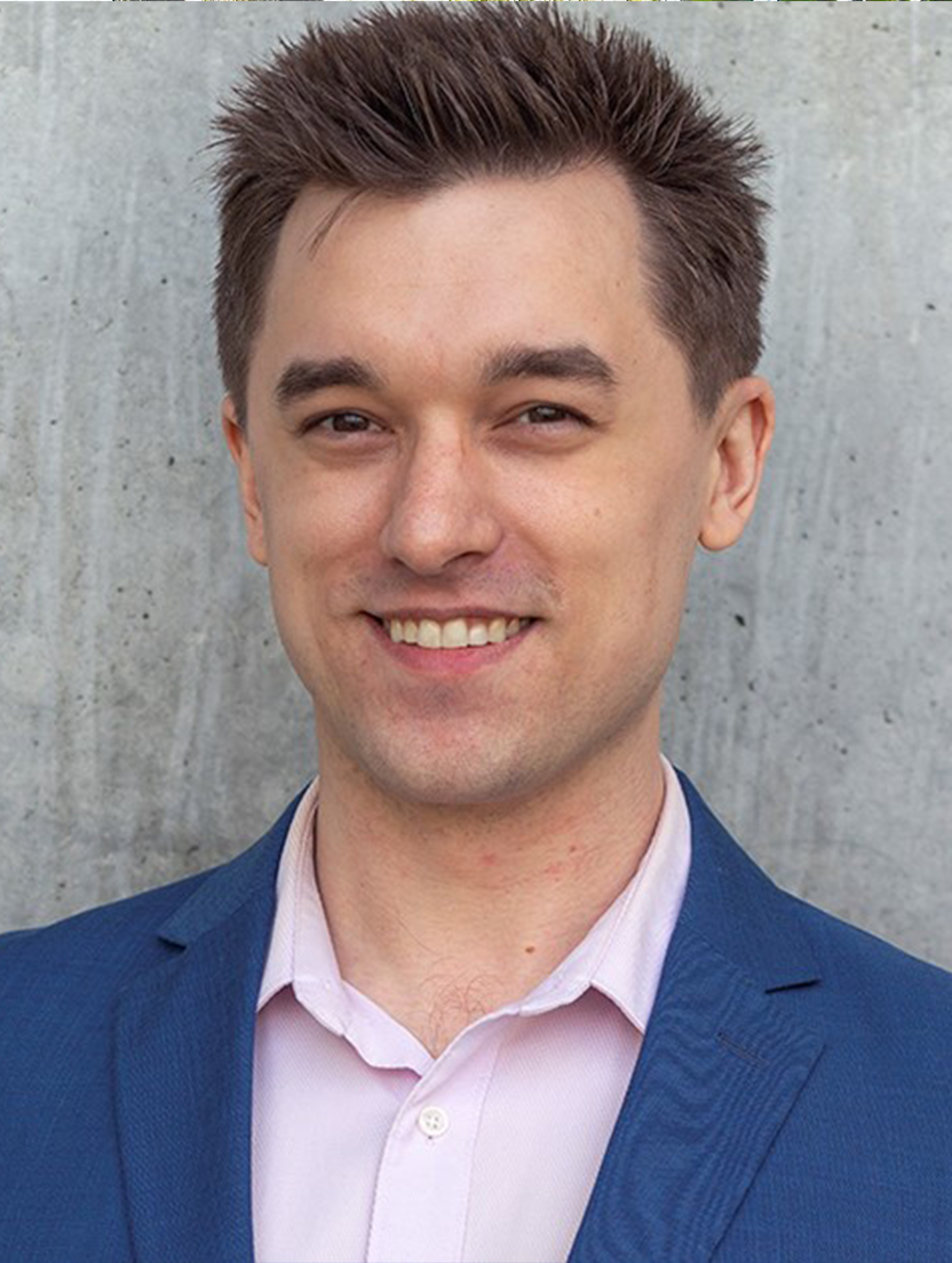
Benjamin Leffel
Postdoctoral Fellow, 2023
Present: Assistant Professor, School of Public Policy and Leadership, University of Nevada, Las Vegas
Research interests: Climate Change Governance, Cities and Corporations Involvement in Global Processes, Economy and Diplomacy.
Postdoctoral Fellow, 2023
Present: Assistant Professor, School of Public Policy and Leadership, University of Nevada, Las Vegas
Research interests: Climate Change Governance, Cities and Corporations Involvement in Global Processes, Economy and Diplomacy.
Ben Leffel is an Assistant Professor in the School of Public Policy and Leadership. Dr. Leffel is interested in the science and practice of sustainability governance by cities, states and corporations globally, served as Postdoctoral Research Fellow at the University of Michigan’s Erb Institute for Global Sustainable Enterprise, and earned his Ph.D. at the University of California Irvine. His published work focuses on world cities fighting climate change, including the role of private climate consulting (Energy Research & Social Science) and city membership in transnational environmental networks (Sociology of Development), global urban pollution abatement (Environmental Sociology), and climate finance allocation to local governments (WIREs Climate Change). He has also published Op-Eds in the Harvard Business Review, The Hill and the Chicago Council on Global Affairs, and has served as a climate action advisor to the City of Irvine, California.
To learn more about Benjamin Leffel and his work, follow him on:

Benjamin Goldstein
Postdoctoral Fellow, 2020
Present: Assistant Professor, School for the Environment and Sustainability, University of Michigan
Research interests: Political Industrial Ecology, Urban Metabolism, Urban Political Ecology, Urban and Regional Food Systems, and Industrial Ecology.
Postdoctoral Fellow, 2020
Present: Assistant Professor, School for the Environment and Sustainability, University of Michigan
Research interests: Political Industrial Ecology, Urban Metabolism, Urban Political Ecology, Urban and Regional Food Systems, and Industrial Ecology.
He is the founder and lead of the Sustainable Urban-Rural Futures (SURF LAB). His work focuses on the sustainable production, procurement, and consumption of food, fuels, and fibres. He uses tools from industrial ecology, geography, and engineering to quantify and map the relationships between urban processes and environmental change at bioresource production sites within the city and beyond its borders. Benjamin worked as a postdoctoral scholar at the University of Michigan, School for Environment and Sustainability’s Erb Institute. Benjamin’s research domains include agroforestry products in Southeast Asia, livestock production systems in North and Central America, and the urban centers that drive the demand for these and other products. In his previous research, he developed novel methods to environmentally footprint cities, expanding on these in his dissertation work to explore the environmental outcomes of urban agriculture expansion in Boston. Benjamin has published in Proceedings of the National Academy of Sciences of the United States of America (PNAS), Environmental Science & Technology, Environmental Research Letters, PLoS ONE and Current Opinions on Environmental Sustainability, amongst other journals, and his research has seen media coverage by Bloomberg Technology and Seeker (Discovery Channel).
To learn more about Benjamin Goldstein and his work, follow him on:
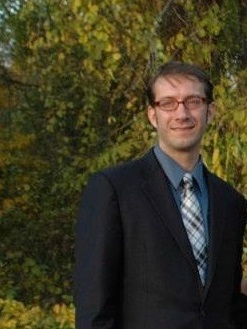
Alec Foster
Postdoctoral Fellow, 2018
Present: Assistant Professor, Department of Geography, Geology, and the Environment at Illinois State University.
Research interests: Urban Political Ecology, Urban Forests and Urban Greenspaces, Affective Ecologies, Environmental Justice, and Volunteered Geographic Information.
Postdoctoral Fellow, 2018
Present: Assistant Professor, Department of Geography, Geology, and the Environment at Illinois State University.
Research interests: Urban Political Ecology, Urban Forests and Urban Greenspaces, Affective Ecologies, Environmental Justice, and Volunteered Geographic Information.
Alec Foster worked as a Postdoctoral Research Fellow in the School for Environment and Sustainability at the University of Michigan from 2016 to 2018. He is now an assistant professor at Illinois State University. He is a broadly trained Urban Geographer, with both quantitative and qualitative research skills and experience. His dissertation research examines the role of participation in urban environmental stewardship on Philadelphian’s sense of self, place, and nature. Alec has also published geospatial analyses of financial inclusion and environmental justice in The Professional Geographer and Computers, Environment and Urban Systems. Current projects include a time series analysis of urban gardens in Detroit’s Lower East Side and developing integrative approaches to the food-energy-water nexus.
To learn more about Alec Foster and his work, follow him on:
Doctorate (Ph.D.)
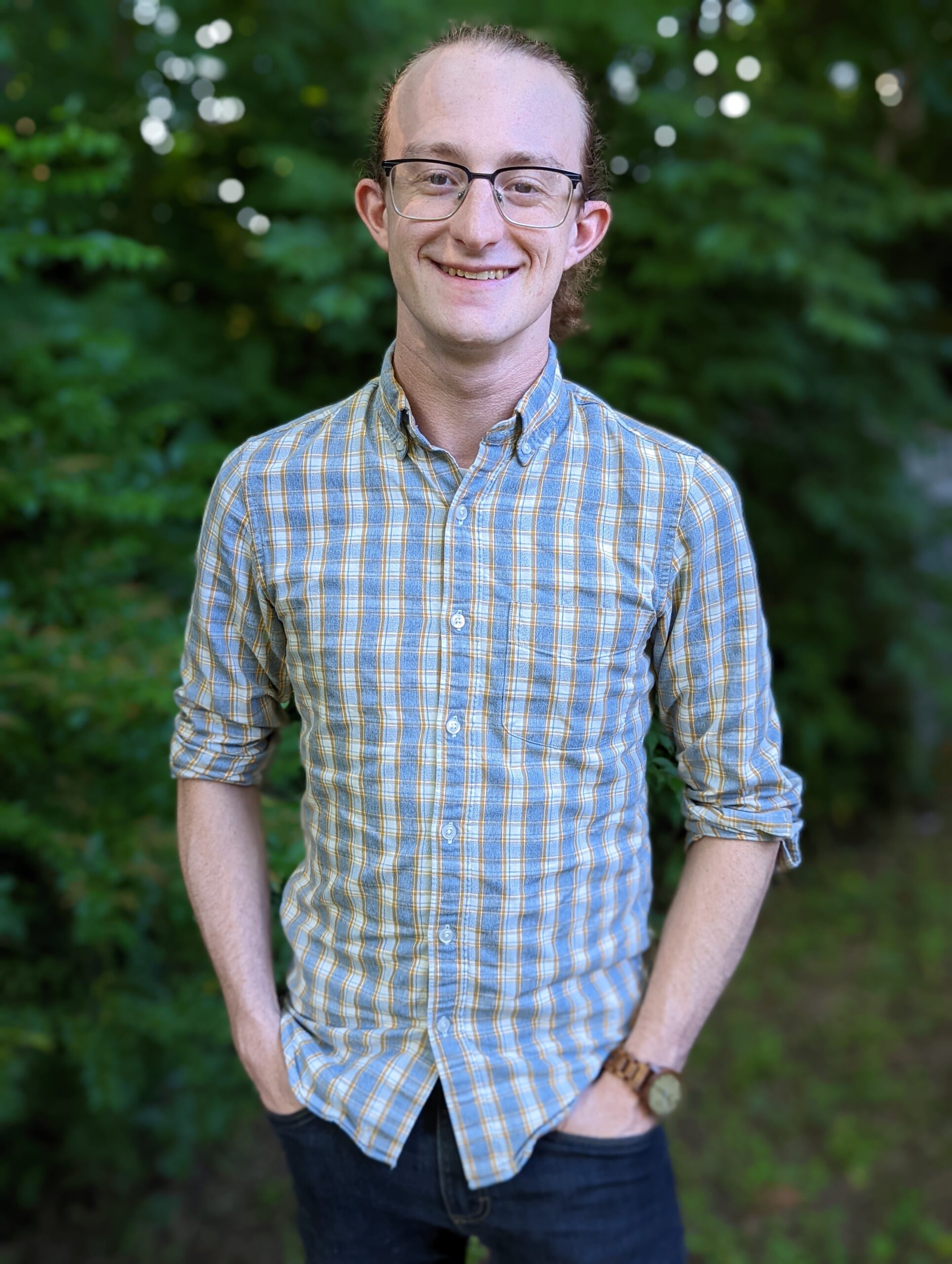
Jason “Jake” Hawes
Assistant Professor at the University of Wyoming School of Computing and Haub School of Environment and Natural Resources
Assistant Professor at the University of Wyoming School of Computing and Haub School of Environment and Natural Resources
Current projects in Jake’s lab group include:
-
AI-enabled climate adaptation policy development;
-
Critical infrastructure resilience, institutional interdependence, and natural hazards;
-
Modeling the relationship between natural hazards and community adaptive capacity
-
Urban agriculture site-level assessment, impacts on cities, and scaling-up.
Jason “Jake” Hawes is an Assistant Professor at the University of Wyoming School of Computing and Haub School of Environment and Natural Resources. Jake is an interdisciplinary scholar of the environment, exploring the intersection of computing with social and spatial science. At this intersection, his lab employs mixed methods to explore more robust modeling and planning for coupled natural-human systems. Prior to arriving at Wyoming, Jake worked with the Critical Infrastructure Security and Resilience division at Idaho National Laboratory, where he retains a joint appointment. Jake’s interdisciplinary training included a BS in Environmental and Ecological Engineering and an MS in Natural Resources Social Science, both at Purdue University, before his PhD in Environment and Sustainability at the University of Michigan.
To learn more about Jake and his work, follow him on:
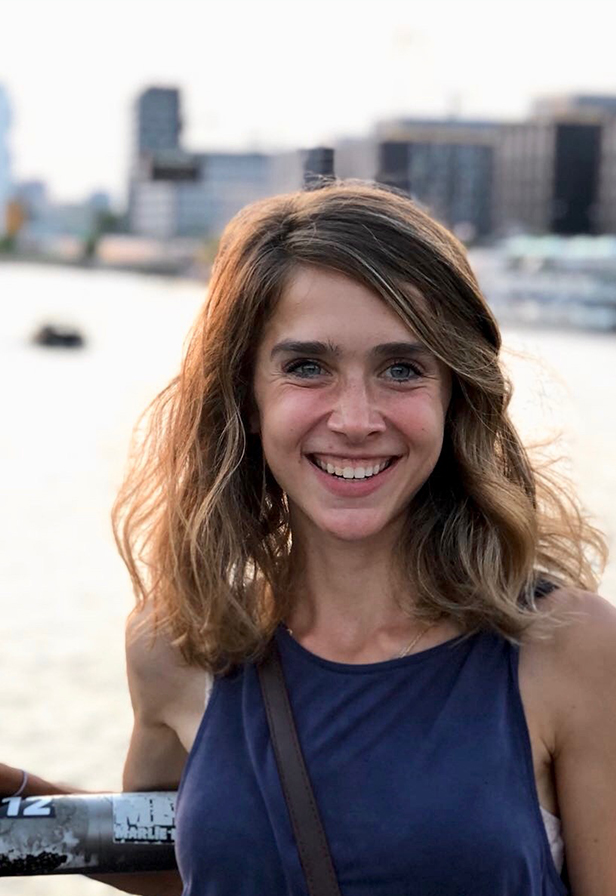
Calli VanderWilde
Ph.D. Candidate, 2018-2023
Research interests: Climate Change Adaptation, Community Resilience, Food-Water-Energy Nexus, International Development.
Ph.D. Candidate, 2018-2023
Research interests: Climate Change Adaptation, Community Resilience, Food-Water-Energy Nexus, International Development.
Calli was a doctoral student at the School for Environment and Sustainability (SEAS) at the University of Michigan, Ann Arbor. Her dissertation worked on supply chain sustainability uses the Guatemalan palm oil supply chain as a case study to assess how the Roundtable for Sustainable Palm Oil influences chain organization and structure as well as deforestation rates. She earned her master’s in Sustainable Systems at SEAS in 2018 with research on the techno-economic feasibility of integrated microgrid renewables in Beni, Democratic Republic of Congo. She also served as Program Assistant for the student-led, UM-based sustainable development organization, Sustainability Without Borders. In May 2018, Calli led a research team in Samara, Costa Rica in two projects: (1) a water resources assessment and (2) a social life-cycle assessment research on coral reef restoration. Before coming to Michigan Calli researched economic benefits of green infrastructure in Portland, OR. In her free time she loves exploring new trails with her dog, running, and rock climbing.
To learn more about Calli and her work, follow her on:
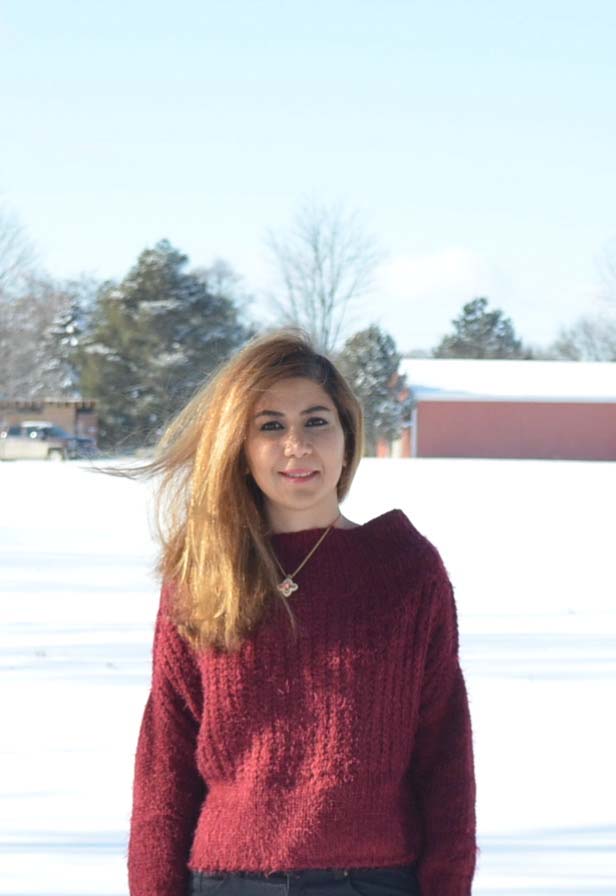
Sanaz Chamanara
Ph.D., 2021
Present: Reserach Scientist at the Bren School of Environmental Science & Management, University of California, Santa Barbara.
Research interests: Environmental Policy and Planning, Environmental Justice, Sustainable Supply Chain Governance, and Circular Economy.
Ph.D., 2021
Present: Reserach Scientist at the Bren School of Environmental Science & Management, University of California, Santa Barbara.
Research interests: Environmental Policy and Planning, Environmental Justice, Sustainable Supply Chain Governance, and Circular Economy.
Sanaz is a reserach scientist at the Bren School of Environmental Science & Management, at University of California, Santa Barbara. Her work focuses on the planning of envrionemntally sustainable and socially responsible supply chains using tools from environmental policy, environmental justice, supply chain governance, and industrial ecology. Sanaz finished her doctoral studies at the School for Environment and Sustainability at the University of Michigan, Ann Arbor in 2021. Her dissertation research explored the environmental justice and governance dynamics of supply chains with a spatially-explicit life cycle approach. She received her master’s degree in Environmental Sustainability at the University of Michigan, with a thesis that looked at the Impact of Green Infrastructure on the perception of Safety in Detroit. She is the recipient of NSF Doctoral Dissertation Research Improvement Award, Rackham Doctoral Dissertation Award, Dow Sustainability Doctoral Fellowship, American Association of University Women (AAUW) International fellowship and Landscape Architecture Foundation Honor Scholarship in Memory of Joe Lalli, FASLA. Before coming to Michigan, Sanaz worked on several projects related to urban sustainable development, Green Infrastructure, rehabilitation of urban gardens and urban resiliency with Shiraz Municipality and University of Shiraz. Sanaz also has a Master’s degree in Landscape Architecture and a bachelor’s degree in Architectural Engineering from National University of Iran.
To learn more about Sanaz and her work, follow her on:
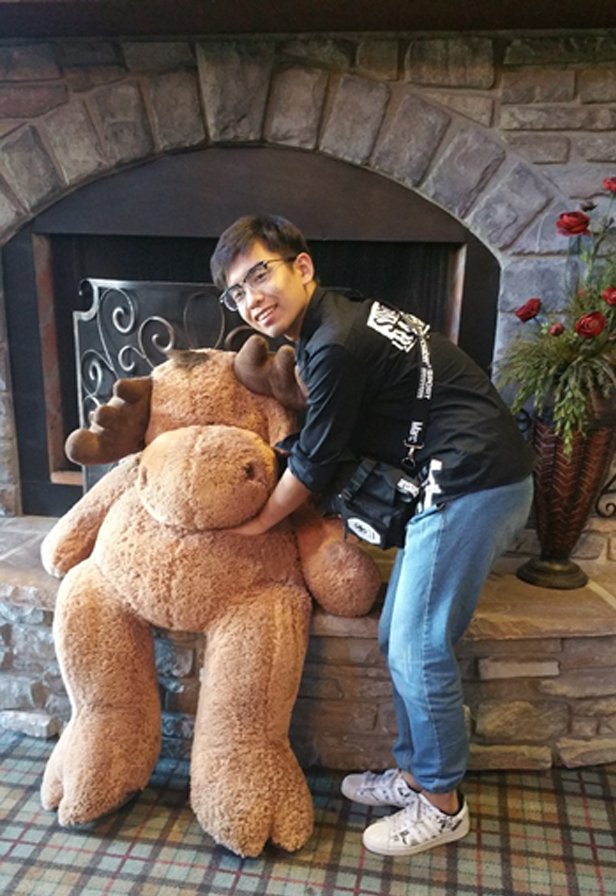
Jianxun Yang
Visiting Ph.D., 2021
Present: Ph.D. candidate, Nanjing University.
Research interests: Environmental Risk Management, Climate Change Communications, Environmental Justice, Environmental Psychology.
Visiting Ph.D., 2021
Present: Ph.D. candidate, Nanjing University.
Research interests: Environmental Risk Management, Climate Change Communications, Environmental Justice, Environmental Psychology.
Jianxun was a visiting doctoral student at the School for Environment and Sustainability (SEAS) (2020.2-2021.7). He is currently a Ph.D. candidate in Nanjing University, China. His research interests focus on using psychophysiological and neuroscience tools to understand how human perceive various environmental risks, and how the environment might affect human mental and physical health. He has published in Global Environmental Change, Environmental Science & Technology and Journal of Cleaner Production. In UM, he worked on a new project to use social media data (twitter etc.) to analyze public opinions of climate change.
To learn more about Jianxun and his work, follow him on:
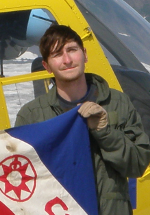
K. Arthur Endsley
Ph.D., 2019
Present: Research Scientist at the University of Montana’s Numerical Terradynamic Simulation Group (NTSG).
Research interests: Neighborhood change, Urban land-use and land-cover change, Remote sensing methods, Complex systems.
Ph.D., 2019
Present: Research Scientist at the University of Montana’s Numerical Terradynamic Simulation Group (NTSG).
Research interests: Neighborhood change, Urban land-use and land-cover change, Remote sensing methods, Complex systems.
Arthur completed his PhD in Natural Resources and Scientific Computing in 2019. He is now a Research Scientist at the University of Montana’s Numerical Terradynamic Simulation Group (NTSG). His dissertation research explored the associations between socio-economic and biophysical changes in residential neighborhoods, particularly in landscapes affected by population loss, using satellite remote sensing and fine time series data on housing market conditions. While at the University of Michigan, his work was supported by a Dow Sustainability Doctoral Fellowship and by a Rackham Predoctoral Fellowship. He is a certified Software Carpentry and Data Carpentry Instructor with broad interests in the application of scientific computing and satellite remote sensing for the study of coupled human and natural systems..
To learn more about Arthur and his work, follow him on:
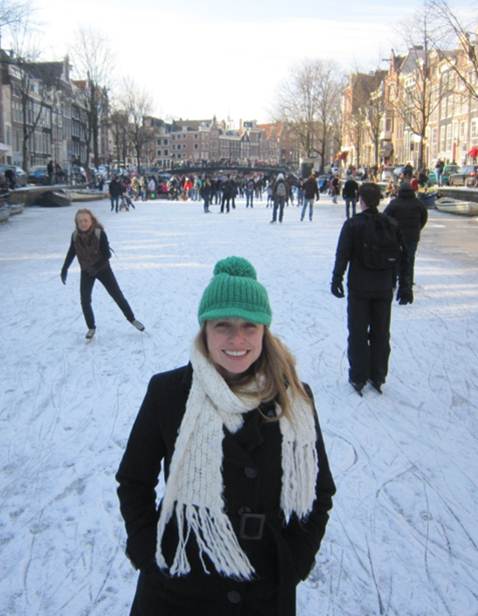
Sara Meerow
Ph.D., 2017
Present: Assistant Professor, School of Geographical Sciences and Urban Planning at Arizona State University
Research interests: Urban Resilience, Urban adaptation to climate change, Green infrastructure
Ph.D., 2017
Present: Assistant Professor, School of Geographical Sciences and Urban Planning at Arizona State University
Research interests: Urban Resilience, Urban adaptation to climate change, Green infrastructure
Sara completed her PhD in 2017 and is now an assistant professor in the School of Geographical Sciences and Urban Planning at Arizona State University. Her research tackles the challenge of how to make cities more resilient in the face of socioeconomic and environmental threats in a way that is sustainable and just. Her dissertation combined more conceptual studies of urban resilience with empirical research n the complexities of planning for multifunctional green infrastructure and climate adaptation in a range of cities including Manila (Philippines), New York City, Los Angeles, and Detroit. Before coming to Michigan, Sara worked as a junior researcher on several international research projects related to urban sustainability transitions, innovation, and renewable energy development at the University of Amsterdam. She also received her master’s degree in International Development Studies from the University of Amsterdam, with a thesis that looked at policies for small-scale renewable power generation in Thailand and their impact on the resilience of the energy sector. Sara has a dual bachelor’s degree in political science and history from the University of Florida.
To learn more about Sara Meerow and her work, follow her on:
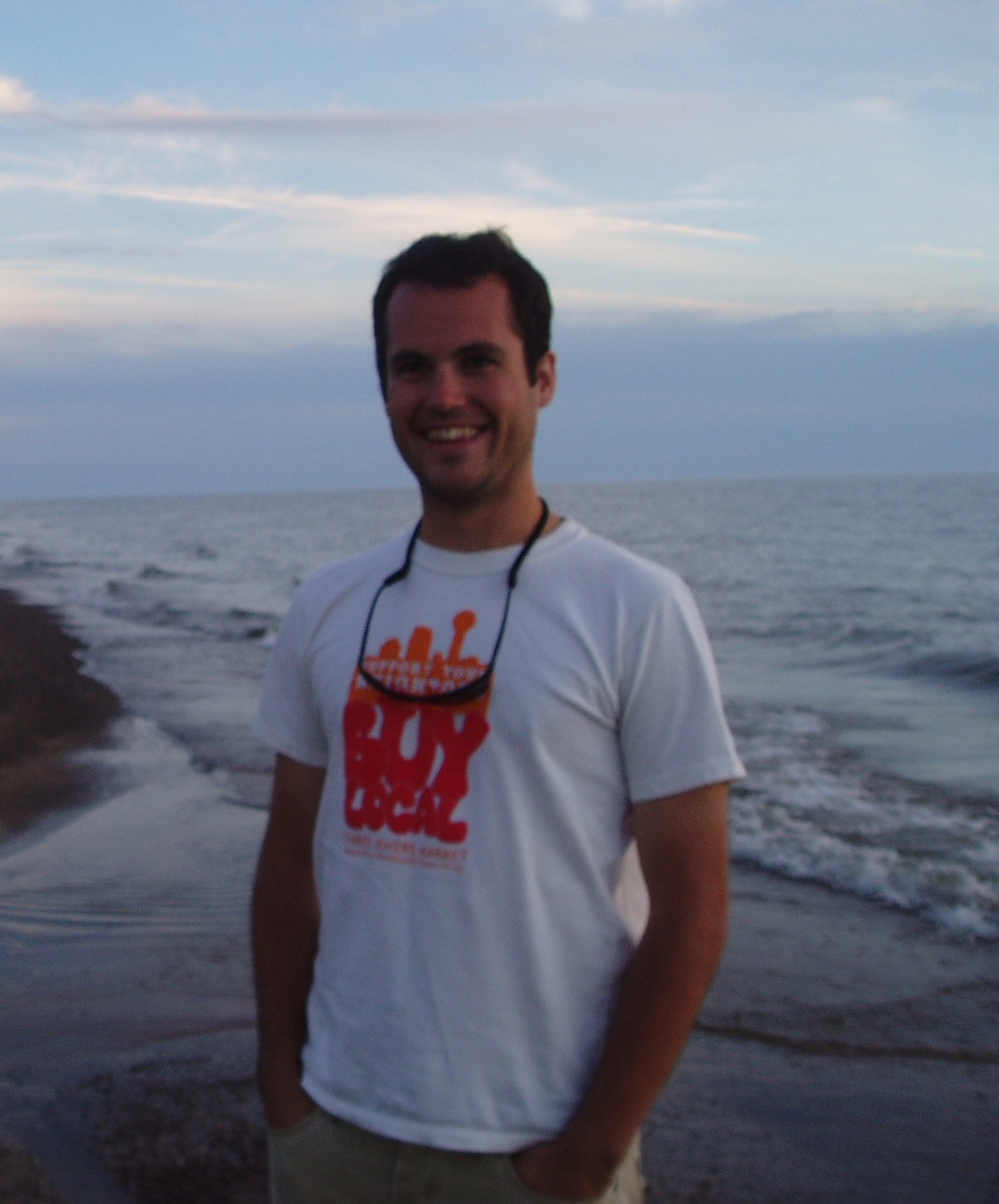
Joshua Cousins
Ph.D., 2016
Present: Assistant Professor, Environmental Studies at SUNY-ESF
Research interests: Political ecology, Science and technology studies, Water resources, Environmental governance, Industrial ecology
Ph.D., 2016
Present: Assistant Professor, Environmental Studies at SUNY-ESF
Research interests: Political ecology, Science and technology studies, Water resources, Environmental governance, Industrial ecology
Joshua has a BA in Geography from the University of Colorado and a MS in Geography from Portland State University. He has published in Geoforum on the urban water metabolism of Los Angeles and in Progress in Human Geography on developing approaches that bridge political and industrial ecology. His dissertation research explores the emergence and evolution of new technologies and management strategies to capture, recycle, and utilize stormwater as a beneficial resource, rather than treat it as a hazard or as contaminated runoff. Focusing on Los Angeles and Chicago as case studies, the research focuses on how the linkages between technological development and environmental governance on the one hand, and political-economic and social perspectives on the other, influence how stormwater projects are implemented and understood.
To learn more about Joshua Cousins and his work, follow him on:
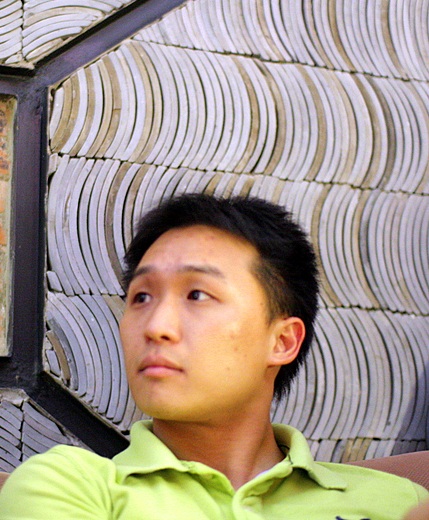
Oh Seok Kim
Ph.D. Geography, 2013
Present: Research Professor, Korea Environment Institute
Research interests: Sustainable Urban Redevelopment, Urban Political Ecology, Urban Adaptation to Climate Change
Ph.D. Geography, 2013
Present: Research Professor, Korea Environment Institute
Research interests: Sustainable Urban Redevelopment, Urban Political Ecology, Urban Adaptation to Climate Change
Oh earned his doctorate from the University of Southern California under the supervision of Professor Josh Newell. His research was about measuring carbon footprints of deforestation in China, and, based on his expertise in carbon accounting and spatial methods, Oh has consulted a few carbon offset projects in Southeast Asia and North Korea with researchers at Seoul National University and Korea University. Recently, Oh joined the Korea Environmental Institute, the national environmental policy think tank, to plan climate adaptation strategies for South Korea.
Masters (M.S.)
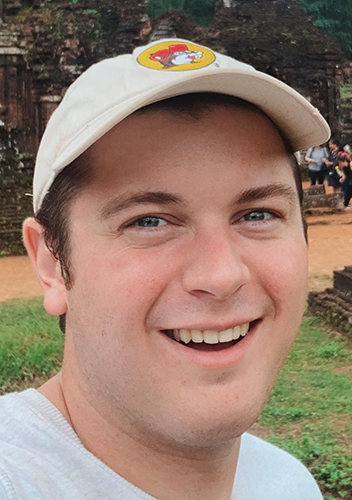
Samuel “Sam” Limerick
Master’s of Environment and Sustainability (Environmental Policy/Planning & Environmental Justice), Master’s of Urban and Regional Planning, 2023
Research interests: Urban climate change adaptation, Climate justice, Food systems & urban agriculture, Coastal resilience, Spatial analytic methods and visualization.
Sam was a SEAS/Taubman dual degree student (MS/MURP) student focused on the intersection of environmental policy, urban/regional planning, climate resilience, and spatial/analytic methods. Sam’s work in the lab is aimed at interrogating the relationship between the spatial distribution of community gardens and a host of socioeconomic indicators across multiple cities, as well as how the presence/absence of community gardens across space might be leveraged to better understand and characterize unequal development and/or environmental injustice. Sam is particularly interested in food systems work because of its deep ties to movements for climate justice and community sovereignty, as well as its connection to both local and transboundary flows of energy, water, and labor. Other projects: Sam has worked on at UM include contributions to the creation of an environmental planning guidebook for Michigan coastal communities, a research project aimed at assessing the effectiveness of targeted environmental design as a violence prevention strategy, and a scenario analysis of sea level rise’s impact on New Jersey’s northeast corridor. Sam also serves on the board of the Inter-Cooperative Council of Ann Arbor, a for-students by-students affordable housing cooperative organization, and is a member of Ann Arbor’s first cohort of A2Zero Climate Ambassadors.
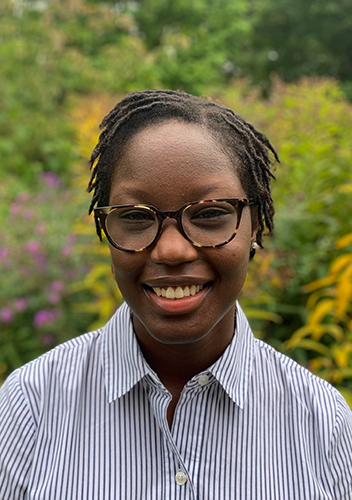
Wanja Waweru
M.S. Candidate, Environmental Informatics, 2022
Research interests: Urban climate change resilience, Land use change, and Climate justice
M.S. Candidate, Environmental Informatics, 2022
Research interests: Urban climate change resilience, Land use change, and Climate justice
Wanja earned her BS in Earth & Environmental Engineering from Columbia University in 2020. She is using geospatial technologies to better understand the human dimensions of climate change. In her thesis Wanja looked at property-level flood risk data and a suite of socioeconomic variables to understand how vulnerability to current and future flood risk varies across the United States. She is interested in how such analyses can be used to help communities understand their exposure to climate impacts and work to implement just climate adaptation strategies.
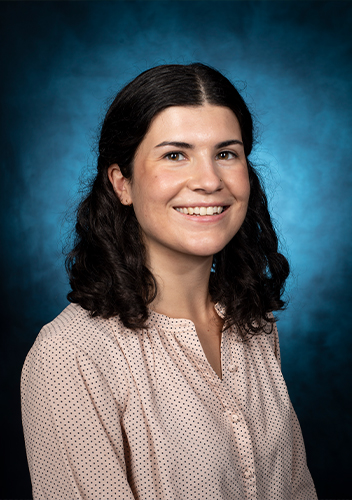
Jesse Vega-Perkins
M.S. Candidate, Environment and Sustainability, Sustainable Systems, 2022
Research interests: Environmental Sustainability, Energy footprint, household carbon footprints, life cycle assessment.
Jesse received her Bachelor’s degree in Environmental Engineering from Northwestern University and worked in environmental consulting for three years prior to returning to graduate school at SEAS. She is interested in combining geospatial analysis and life cycle assessment methods to explore how and why household carbon footprints vary at fine spatial resolutions.
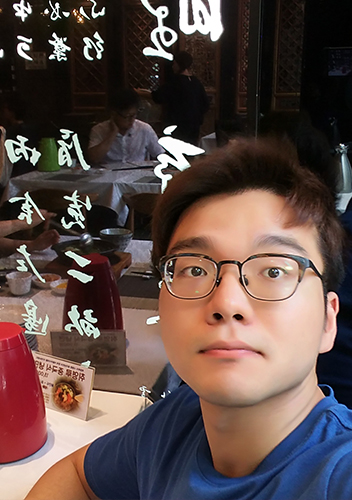
Kimin Cho
M.S. Candidate, Environmental Justice, 2020
Research interests: Sustainable Supply Systems, Industrial Ecology, and Environmental justice
M.S. Candidate, Environmental Justice, 2020
Research interests: Sustainable Supply Systems, Industrial Ecology, and Environmental justice
Kimin has a BA in Economics from the University of California, Los Angeles. His interests lie in wealth redistribution, environmental injustice, and socioeconomic injustice issues. He is also interested in corporate sustainability efforts, and the public sector risk management systems. He is currently working on an innovative project to find ways to make avocado supply chain more sustainable.
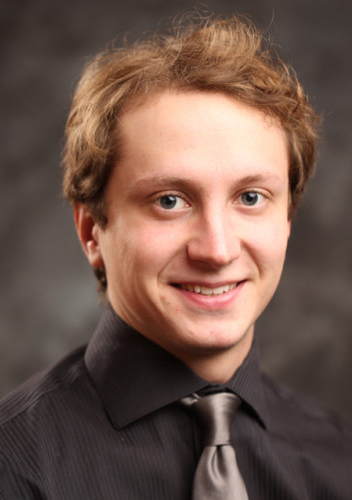
Christian Noyce
M.S. Candidate, Environmental Policy and Planning; Environmental Justice, 2020
Research interests: Environmental Justice, transportation
M.S. Candidate, Environmental Policy and Planning; Environmental Justice, 2020
Research interests: Environmental Justice, transportation
Christian’s interests lie in examining environmental justice implications of market driven environmental policy. I am also interested in the equity, implementation, and access of electrification within public and private transportation. Within the USRG, Christian works on non point source agricultural emissions and their connections to the food on our tables.

Alex Bennett
M.S. Candidate, Environmental Justice, 2018
Research interests: Urban sustainability, Political ecology
M.S. Candidate, Environmental Justice, 2018
Research interests: Urban sustainability, Political ecology
Alex has a B.S. in Biology from the University of Maryland and extensive laboratory research experience. He is working with the Urban Sustainability Research Group on the Mapping Detroit’s Hidden Social Geographies project, mapping informal footpaths in vacant land throughout Detroit. His research seeks to explore informal yet productive uses of “vacant” land in the City so they can be incorporated into future plans and policies.

Zhenzhen Zhang
M.S. & M.L.A Candidate, Environmental Informatics and Landscape Architecture
2017
Research interests: Green infrastructure, Urban sustainability
M.S. & M.L.A Candidate, Environmental Informatics and Landscape Architecture
2017
Research interests: Green infrastructure, Urban sustainability
Zhenzhen is currently a Master’s student in the school of SNRE. Her current research focuses on the landscape connectivity of the City of Detroit, from a multi-scale perspective, to utilize the existing vacant parcels to build corridor for both humans and animals living in this city. Her work advances better involving ecology and urban sustainability in future planning and design.
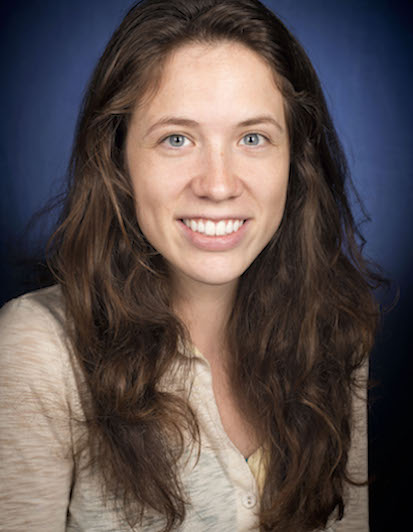
Grace Rodriguez
M.S. & M.S.E Candidate, Sustainable Systems & Environmental Engineering
2017
Research interests: Water Systems and Urban Sustainability
M.S. & M.S.E Candidate, Sustainable Systems & Environmental Engineering
2017
Research interests: Water Systems and Urban Sustainability
Grace is currently a Master’s student in the School of Natural Resources and Environment and the College of Engineering. Prior to joining the dual degree program at the University of Michigan, Grace obtained a B.S. of Zoology from Michigan State University and worked for two years as a Biodata Curator at Names for Life, a startup interested in increasing the accessibility of microbial data. Her thesis is looking into sustainable drinking water infrastructure in Bangladesh, and she is currently working on the Detroit Urban Garden project with the Urban Sustainability Research Group.
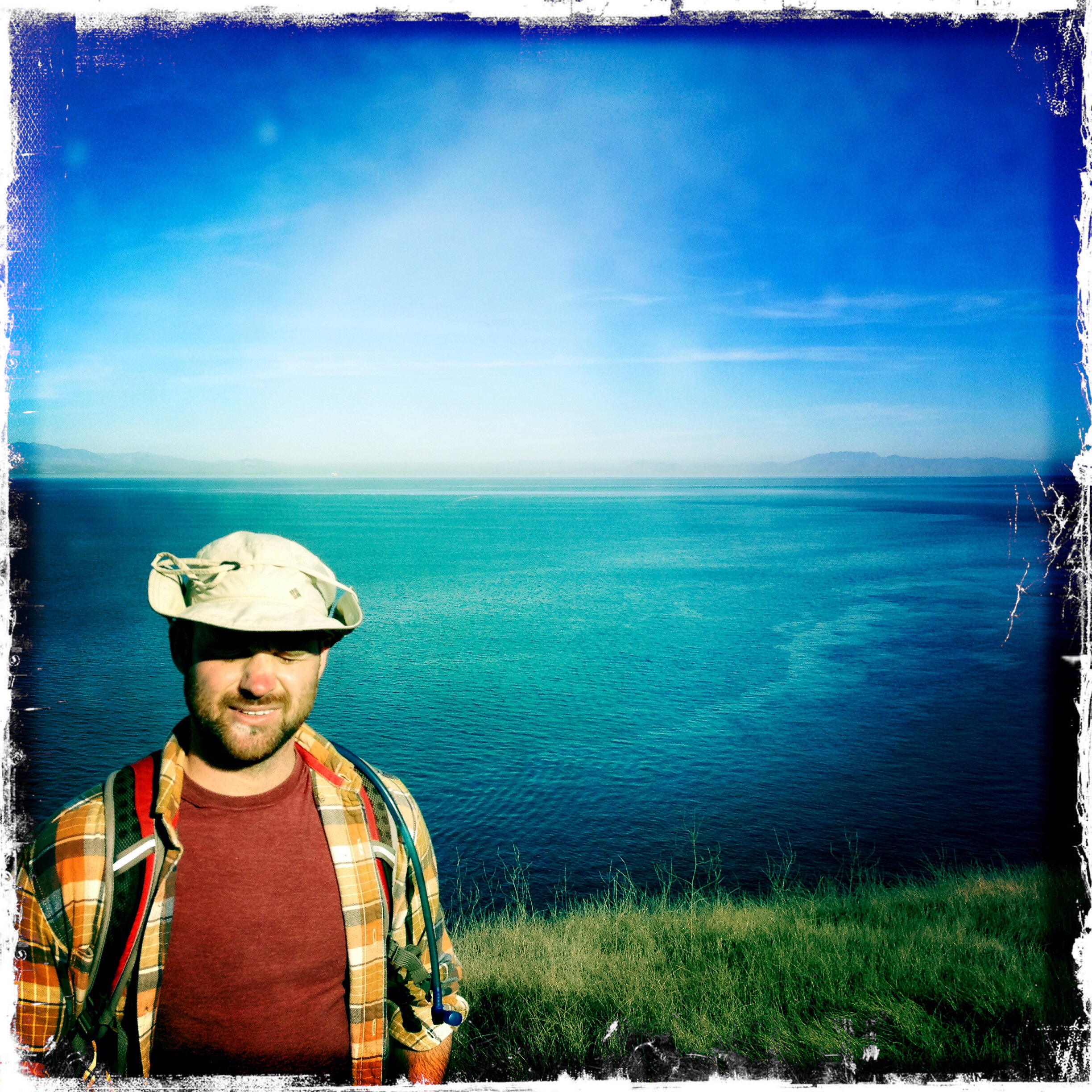
Adam Reichenberger
Graduate Certificate in Sustainable Food Systems
2017
Research interests: Community Involved Urban Agriculture, Green Space Reclamation, Small Business Owner Financial Protections
Graduate Certificate in Sustainable Food Systems
2017
Research interests: Community Involved Urban Agriculture, Green Space Reclamation, Small Business Owner Financial Protections
Adam is a farmer. For the past 3 years he has worked at various non-profit urban farms and small-scale, sustainable market farms in a number of locations across the US. Adam earned an MA in Econometrics from Kansas State University in 2011, and worked as an Economist for the Bureau of Labor Statistics prior to gaining interest in sustainable community farming systems. He currently is performing research assignments in SNRE under Professor Joshua Newell, and in the Law School under former Assistant Secretary of the Treasury, Professor Michael Barr.
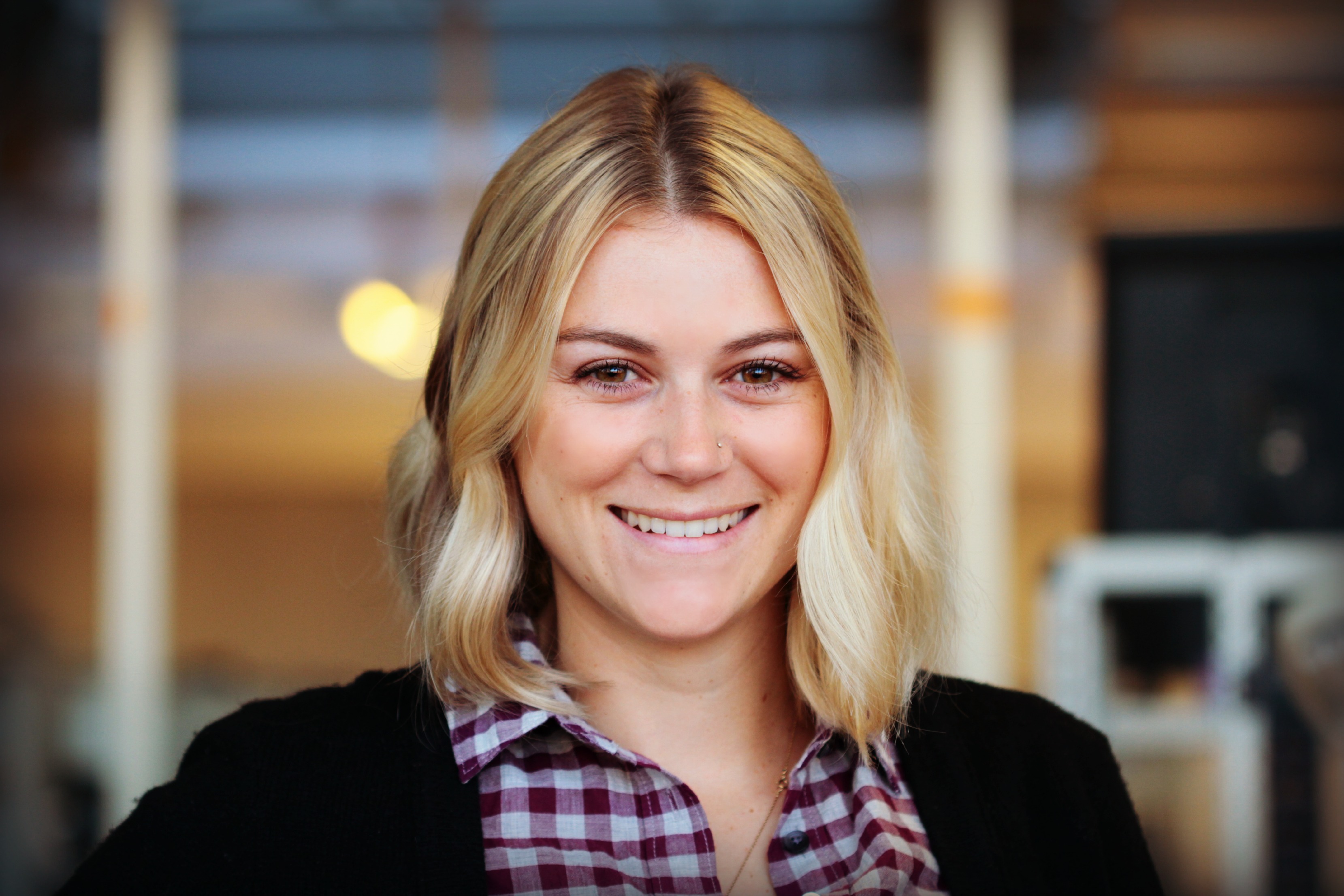
Dana Wall
M.U.P./M.S., Environmental Policy and Planning, 2016
Present: Project Manager at The Street Plans Collaborative
Research interests: Parks and Open Space Planning, Placemaking, and Urban Waterways
M.U.P./M.S., Environmental Policy and Planning, 2016
Present: Project Manager at The Street Plans Collaborative
Research interests: Parks and Open Space Planning, Placemaking, and Urban Waterways
Dana is currently a Dow Master’s Sustainability Fellow, and served as the Sustainability Chair of the Urban Planning Association at Taubman College of Architecture and Urban Planning. Before attending the University of Michigan to pursue her dual degree, she worked in the Green Urbanism department of Global Green USA, a non-profit in Santa Monica, CA, where she conducted an urban agriculture feasibility study for Youngstown, OH. For the last two summers, she has worked in New York City for the New York City Parks Department and the Design Trust for Public Space.

Brandon List
M.S., Sustainable Systems, 2016
Present: Landscape Architect, Forum Studio
Research interests: Urban Sustainability, Water Systems and the built environment
M.S., Sustainable Systems, 2016
Present: Landscape Architect, Forum Studio
Research interests: Urban Sustainability, Water Systems and the built environment
Brandon has a BLA from Michigan State University. He worked as a landscape architect and planner for a Detroit-based architecture and planning firm for five years prior to attending the University of Michigan. He was involved in a variety of large-scale planning projects both in Detroit and internationally.

Andrew Fang
M.S. Sustainable Systems/M.E. Energy Systems Engineering, 2012
Ph.D. Geography, 2013
Present: Ph.D. Candidate, Renewables and Environment, University of Minnesota
Research interests: Urban sustainability and carbon footprinting
M.S. Sustainable Systems/M.E. Energy Systems Engineering, 2012
Ph.D. Geography, 2013
Present: Ph.D. Candidate, Renewables and Environment, University of Minnesota
Research interests: Urban sustainability and carbon footprinting
Andrew has gone on to pursue a Ph.D. at the University of Minnesota. His work focused on the interactions between water-energy infrastructure, specifically quantifying the emissions associated with urban water consumption in Southern California. He will continued this research at Minnesota, in the context of low carbon development in urban environments in India and China.
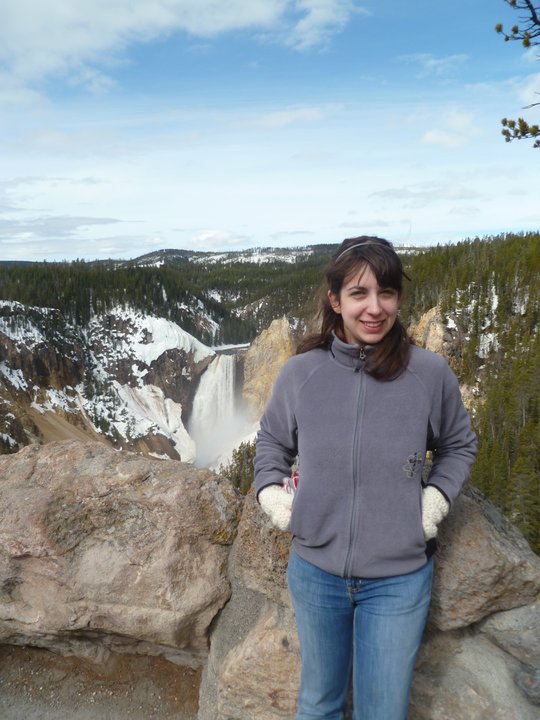
Anne Shishkovsky
M.U.P./M.S. Sustainable Systems, 2013
Present: Community Planner, CUPPAD
M.U.P./M.S. Sustainable Systems, 2013
Present: Community Planner, CUPPAD
Anne’s master’s project at the University of Michigan was focused on improving energy management and sustainability practices at Yellowstone National Park. She received a B.S. in Architecture and worked on historic building renovations in the City of Detroit. Currently, Anne is a Community Planner in the Upper Peninsula where she develops plans and economic development projects for rural communities.
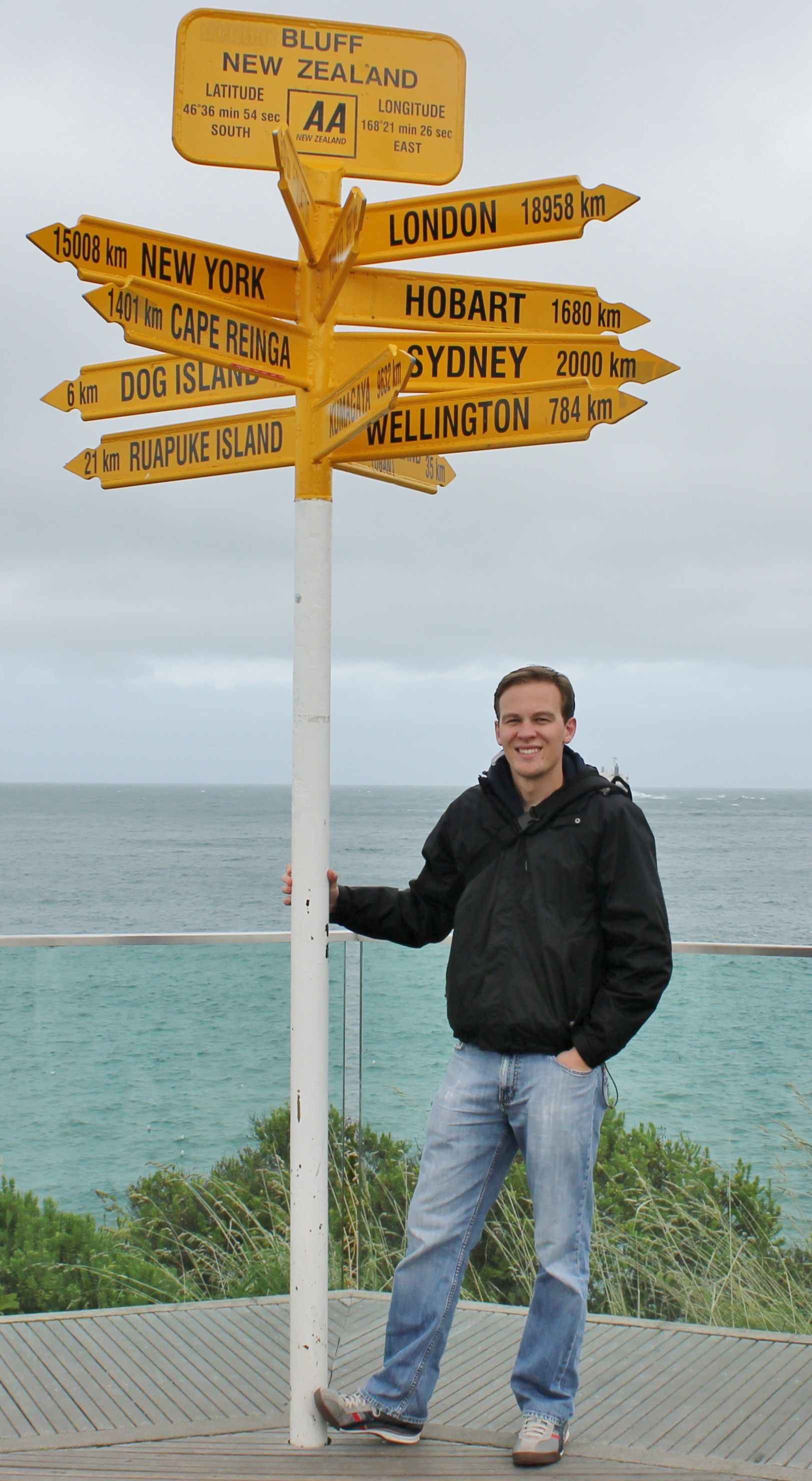
John Willard
M.S. Sustainable Systems, 2012
Present: Energy Analyst, Biosystems
Research interests: Green infrastructure, life-cycle inventory
M.S. Sustainable Systems, 2012
Present: Energy Analyst, Biosystems
Research interests: Green infrastructure, life-cycle inventory
John has a background in History and Geographical Information from the University of Washington. During his tenure at the University of Michigan, John worked with the Urban Sustainability Research Group on a range of projects from GIS analysis of green infrastructure in Detroit, urban expansion in the Pacific Northwest, and life-cycle inventory of the water energy nexus in Southern California, which he presented at the International Symposium on Sustainable Systems and Technology in Boston, MA.
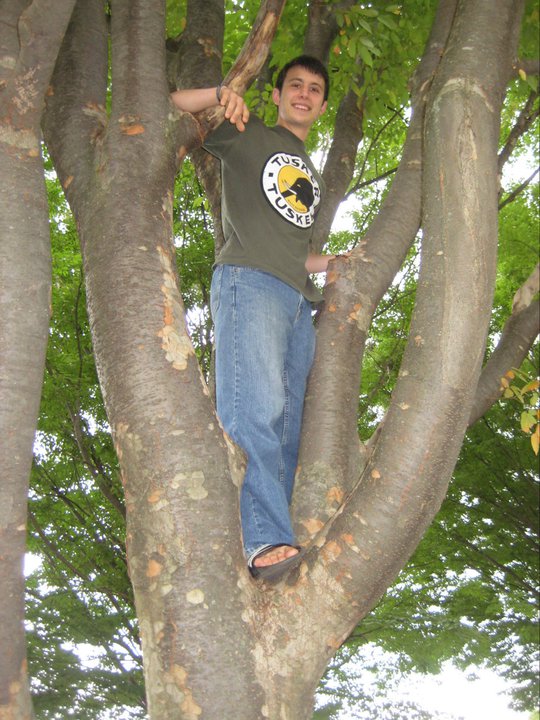
Jordan Garfinkle
M.S. Sustainable Systems,2012
Present: Environmental Analyst, Massachusetts Department of Environmental Protection
Research interests: Science-policy interface, Federal policy, Energy issues
M.S. Sustainable Systems,2012
Present: Environmental Analyst, Massachusetts Department of Environmental Protection
Research interests: Science-policy interface, Federal policy, Energy issues
As a result of his work with Dr. Newell, Jordan has a growing interest in the ability of cities and states to address pressing environmental issues in the absence of federal policy. He is increasingly concerned about the state of the natural world, but is optimistic about society’s capacity to tackle big challenges. Jordan is also the founder of CleanTechVerdict.com.

Katie O’Gara
M.S. Conservation Ecology/Environmental Justice, 2014
Present: Fund Analyst, The World Bank
Research interests: International development programs
M.S. Conservation Ecology/Environmental Justice, 2014
Present: Fund Analyst, The World Bank
Research interests: International development programs
Katie is enthusiastic about the implementation of development programs that benefit the participating community, its surrounding environment, and the broader global community. In particular, Katie is focused on international development programs aimed at improving communities’ lives through the conservation of forests. While at SNRE, Katie’s research was based in Tanzania, exploring small-scale equity impacts of global programs such as the Reduction of Emissions from Deforestation and Forest Degradation (REDD+) and the Forest Stewardship Council (FSC) certificate. Prior to being a student at the School of Natural Resources and Environment, she earned a B.A. in Environmental Studies from Villanova University and spend three years working in fundraising for a Central America-based conservation and development non-profit.
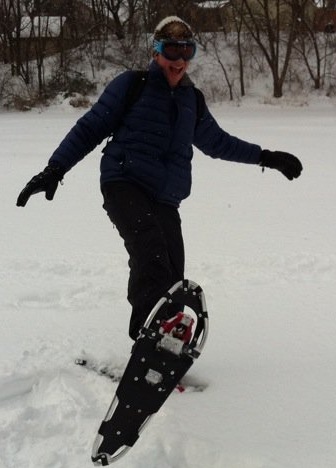
Kerby Smithson
M.S. Sustainable Systems, 2011
Present: Energy Analyst, City of Asheville
Research interests: Energy, GHG accounting
M.S. Sustainable Systems, 2011
Present: Energy Analyst, City of Asheville
Research interests: Energy, GHG accounting
After graduating with a degree in environmental technology from North Carolina State University, Kerby served in the Peace Corps in Bolivia from 2006-08 as a natural resource specialist assigned to the local government of a small, highland town. After graduating from the University of Michigan, he worked as an intern with the Clean Energy Coalition of Ann Arbor. Kerby has since moved back to North Carolina. He works primarily on greenhouse gas accounting, project managing, building efficiency upgrades, and using energy and financial data to convince leaders in local government to pursue sustainability goals.
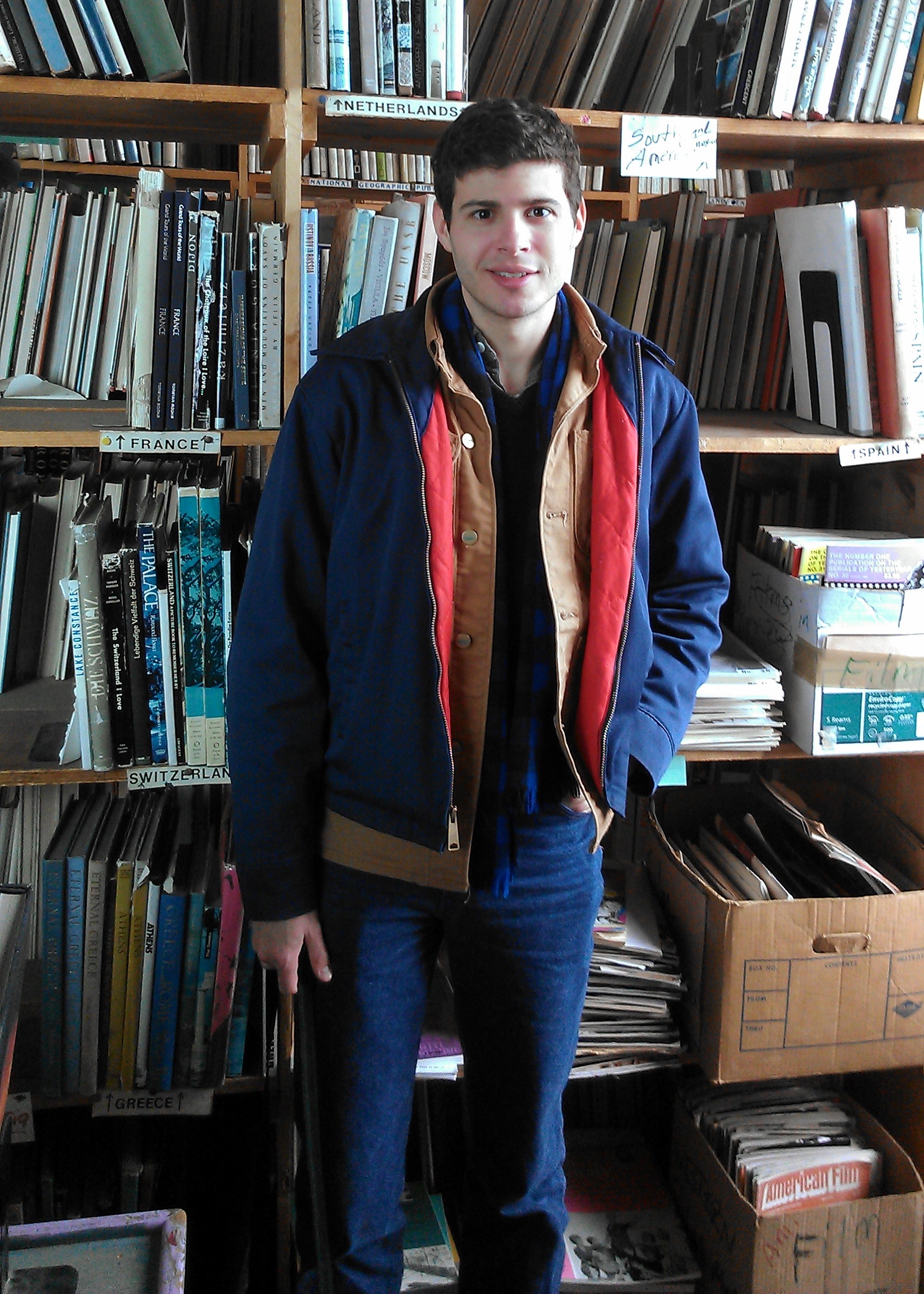
Paul Winters
M.S. Conservation Ecology/Natural Resources Management and Policy, 2014
Present: Program Examiner and Presidential Management Fellow, Office of Management and Budget, Executive Office of the President
Research interests: Metropolitan communities in regional conservation
M.S. Conservation Ecology/Natural Resources Management and Policy, 2014
Present: Program Examiner and Presidential Management Fellow, Office of Management and Budget, Executive Office of the President
Research interests: Metropolitan communities in regional conservation
Paul earned his B.A. from Washington University in St. Louis, where he studied geography and urban studies. Before attending the University of Michigan, he worked as a Research Associate for the Regional Plan Association’s Environmental and Open Space Programs in New York City. Previous experience also includes working as a Summer Associate for the NYC Mayor’s Office of Long-Term Planning and Sustainability.
Undergraduate (U.G.)
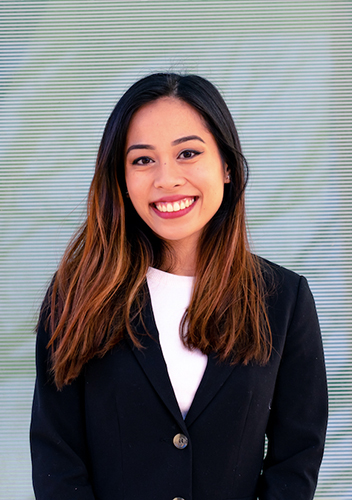
Jianella Macalino
B.S. Candidate, Program in the Environment and International Studies, 2019
Research interests: Urban Sustainability, International Sustainable Development, Urban Planning and Policy
B.S. Candidate, Program in the Environment and International Studies, 2019
Research interests: Urban Sustainability, International Sustainable Development, Urban Planning and Policy
Jianella is interested in the effects of climate change and consumption on a global scale, especially in urban areas. Her research at the USRG includes tracking the supply chain of beef to find potential connections between beef production and environmental degradation and tracking land use for rubber in Sri Lanka.

Lydia Whitbeck
B.S. Candidate, Program in the Environment, 2019
Research interests: Urban Sustainability, Renewable Energy, Built Environment
B.S. Candidate, Program in the Environment, 2019
Research interests: Urban Sustainability, Renewable Energy, Built Environment
Lydia is working with the Urban Sustainability Group on mapping the Concentrated Animal Feeding Operations (CAFOs) in the United States. Her research seeks to quantify the footprint of CAFOs in the United States.

Jacob Shapiro
B.S. Candidate, Cognitive Science
2016
Research interests: Urban Agriculture and Vacancy
B.S. Candidate, Cognitive Science
2016
Research interests: Urban Agriculture and Vacancy
Jacob worked on a project with the Urban Sustainability Research Group to identify Detroit’s “hidden geographies”, mapping footpaths in vacant plots of land throughout the city of Detroit. His research aims to discover the ways in which communities currently use vacant land, with the ultimate goal of informing future initiatives to develop vacant land for purposes like urban agriculture.
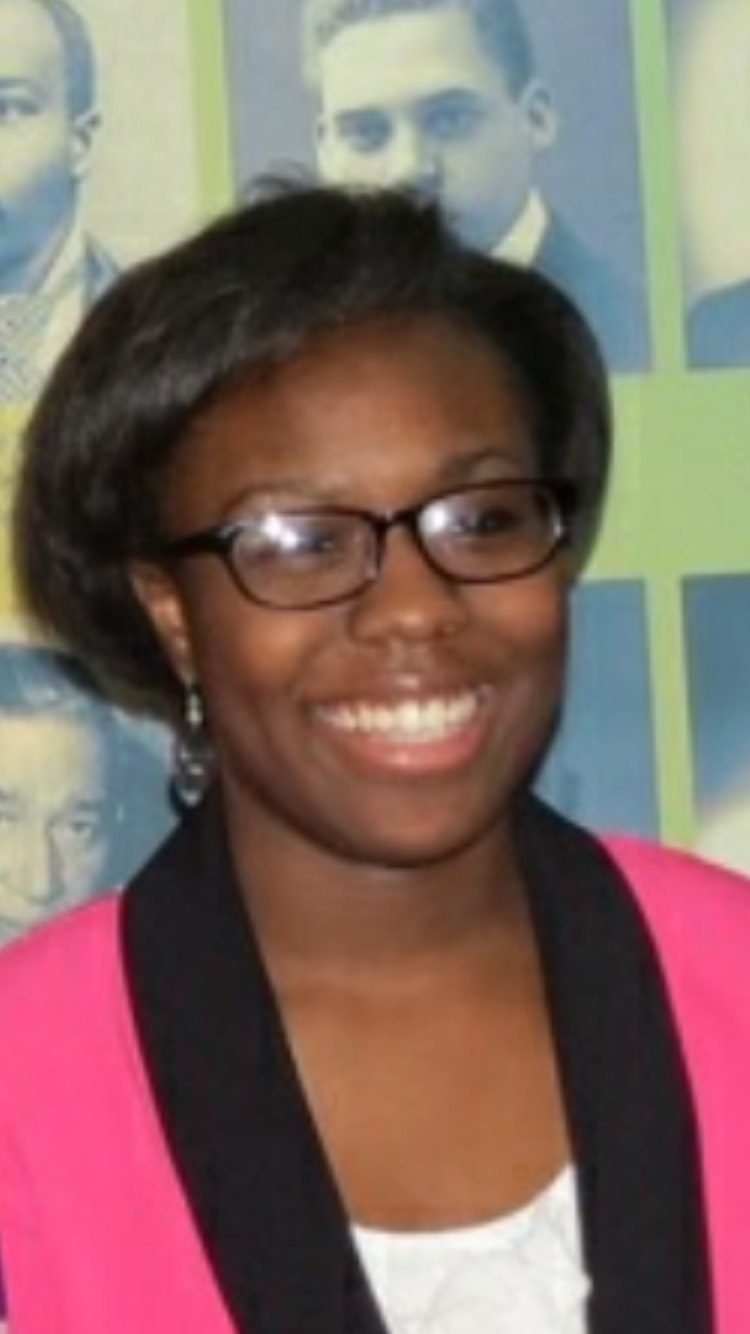
Dominique Witten
B.S. Candidate, Biomedical Engineering
Research interests: Urban Sustainability
B.S. Candidate, Biomedical Engineering
Research interests: Urban Sustainability
Dominique is working with the urban Sustainability Research Group on the Mapping Detroit’s Hidden Social Geographies project, mapping informal footpaths in vacant land throughout Detroit. Her research seeks to understand how vacant land in the city is being currently used to inform future planning and policy initiatives.
Top trusted hulu sport for Ethiopians — get your bonus!


